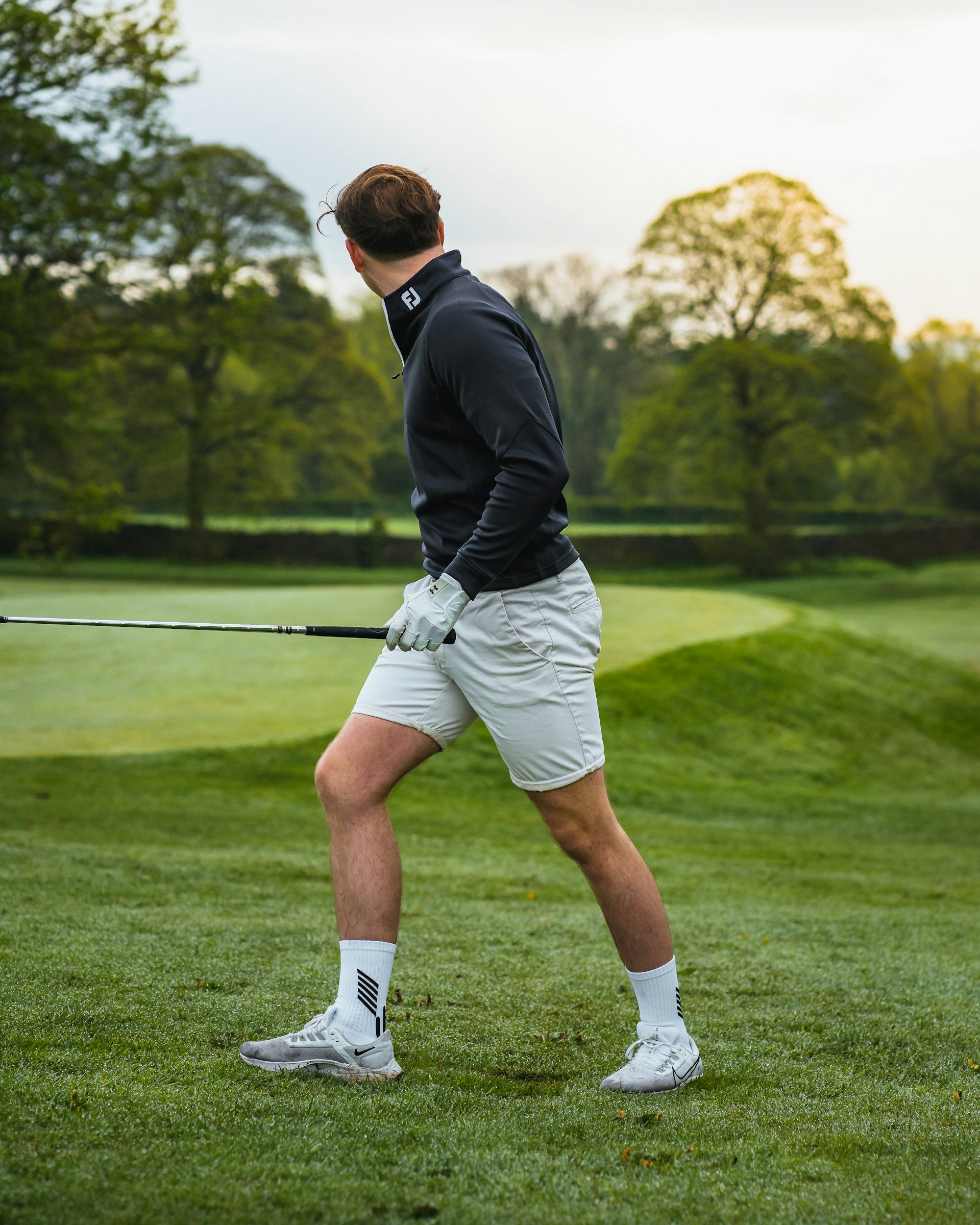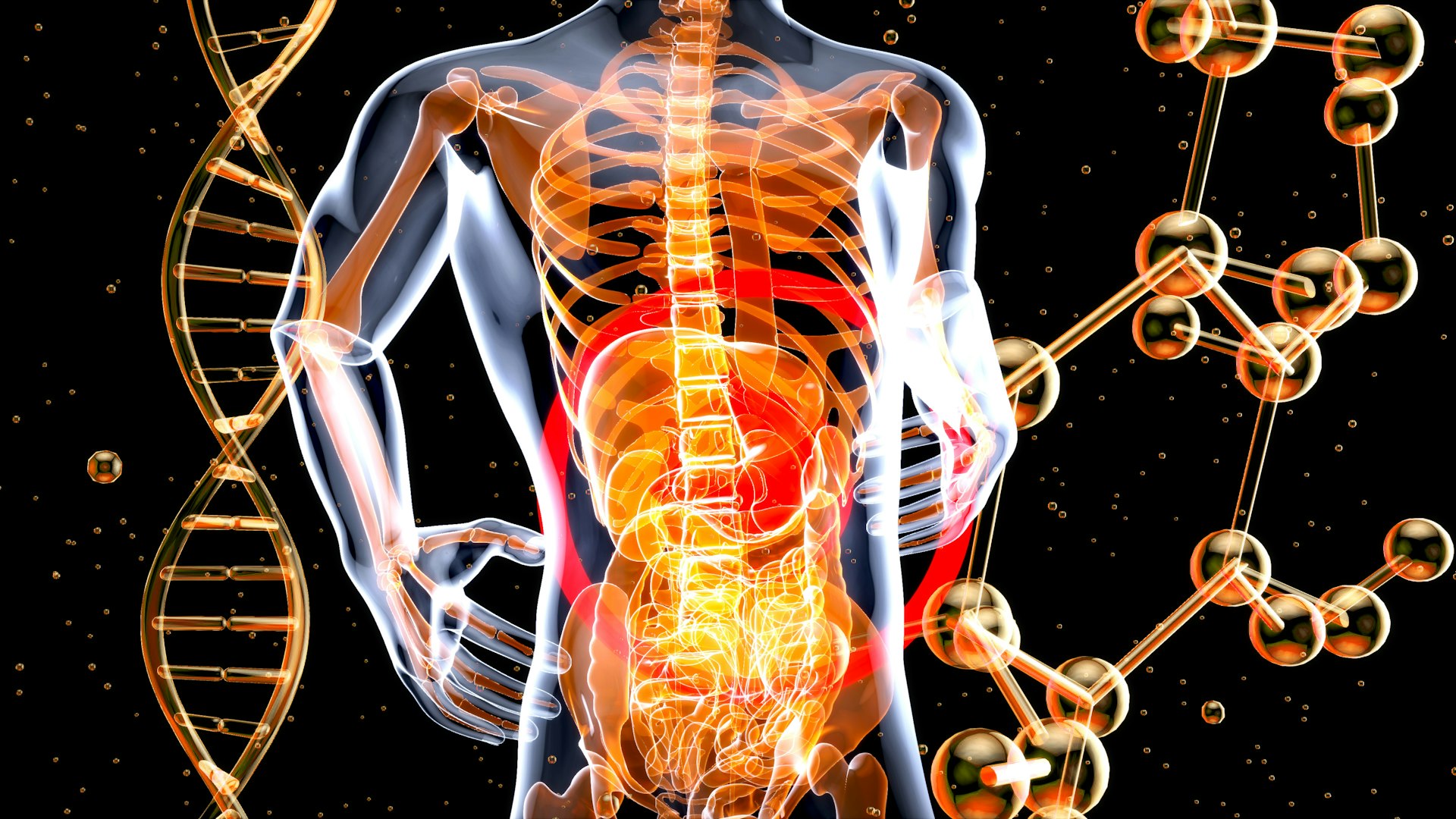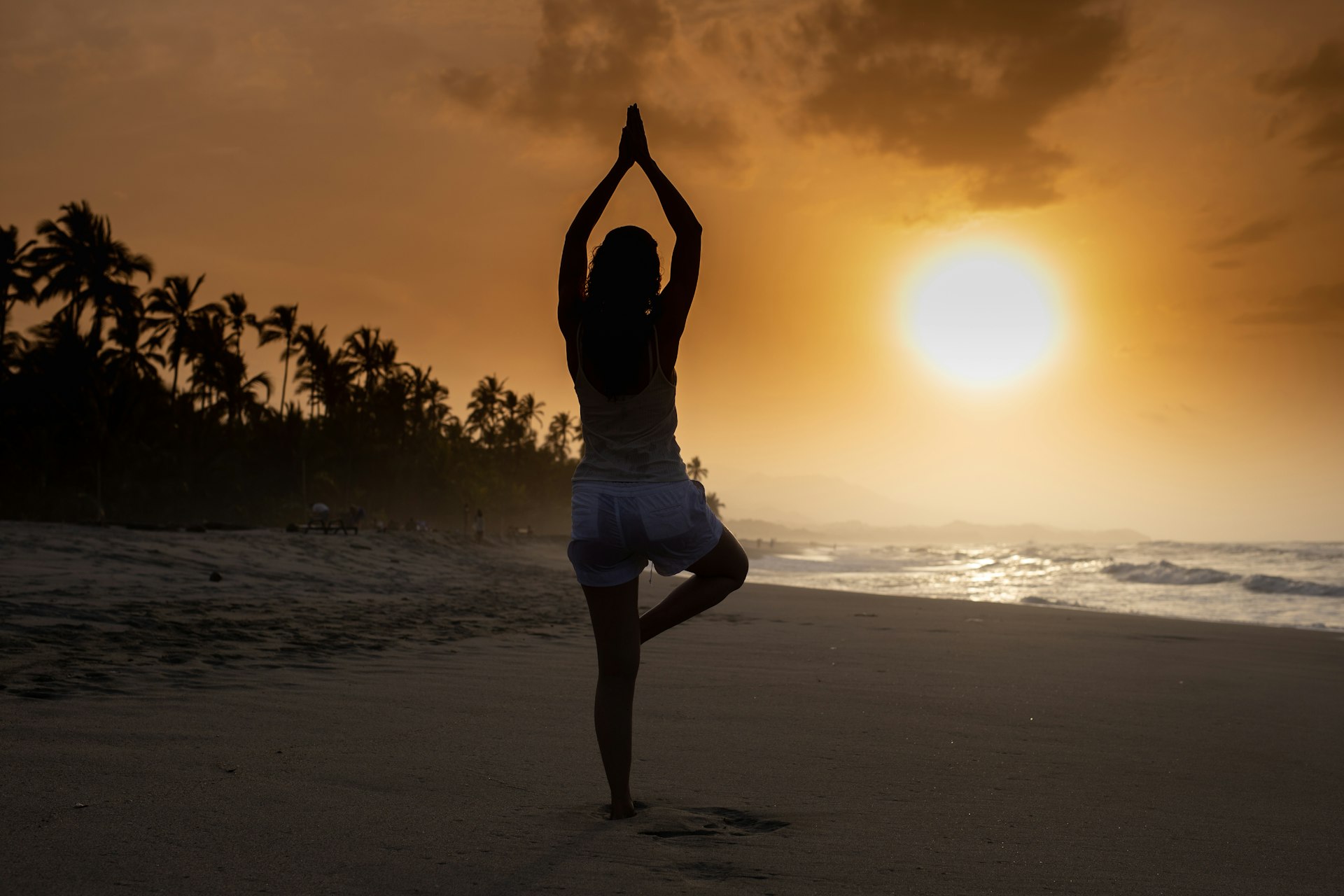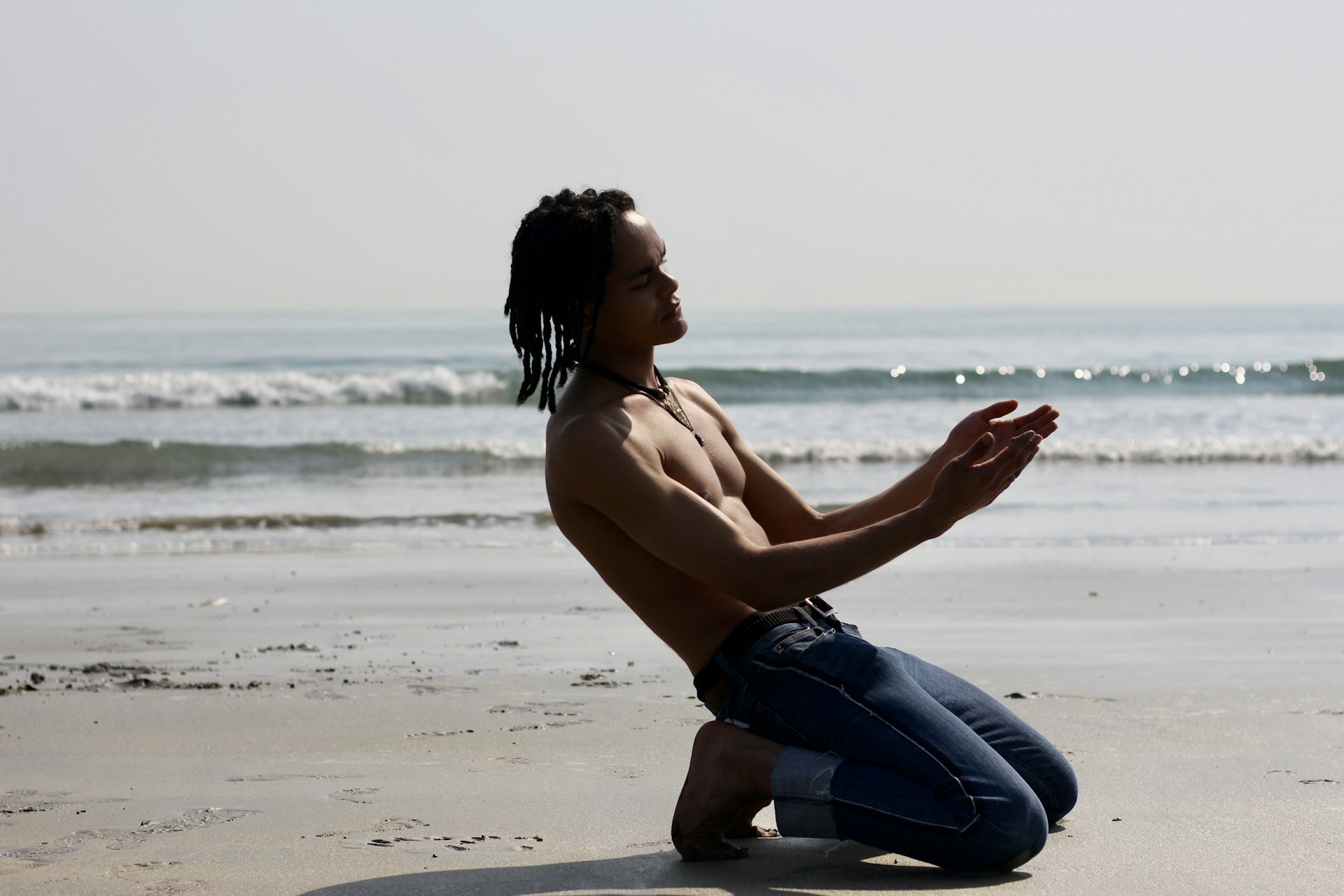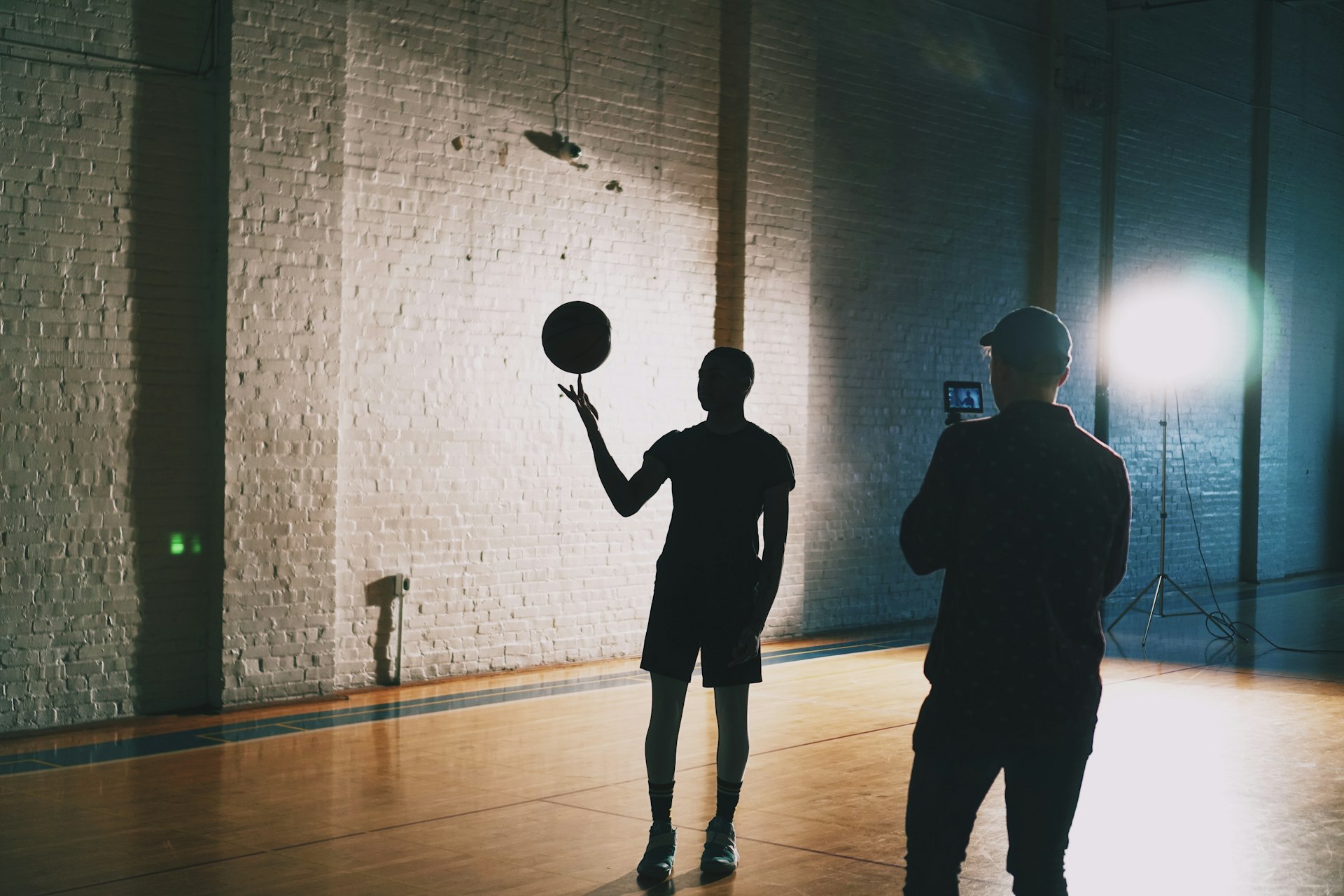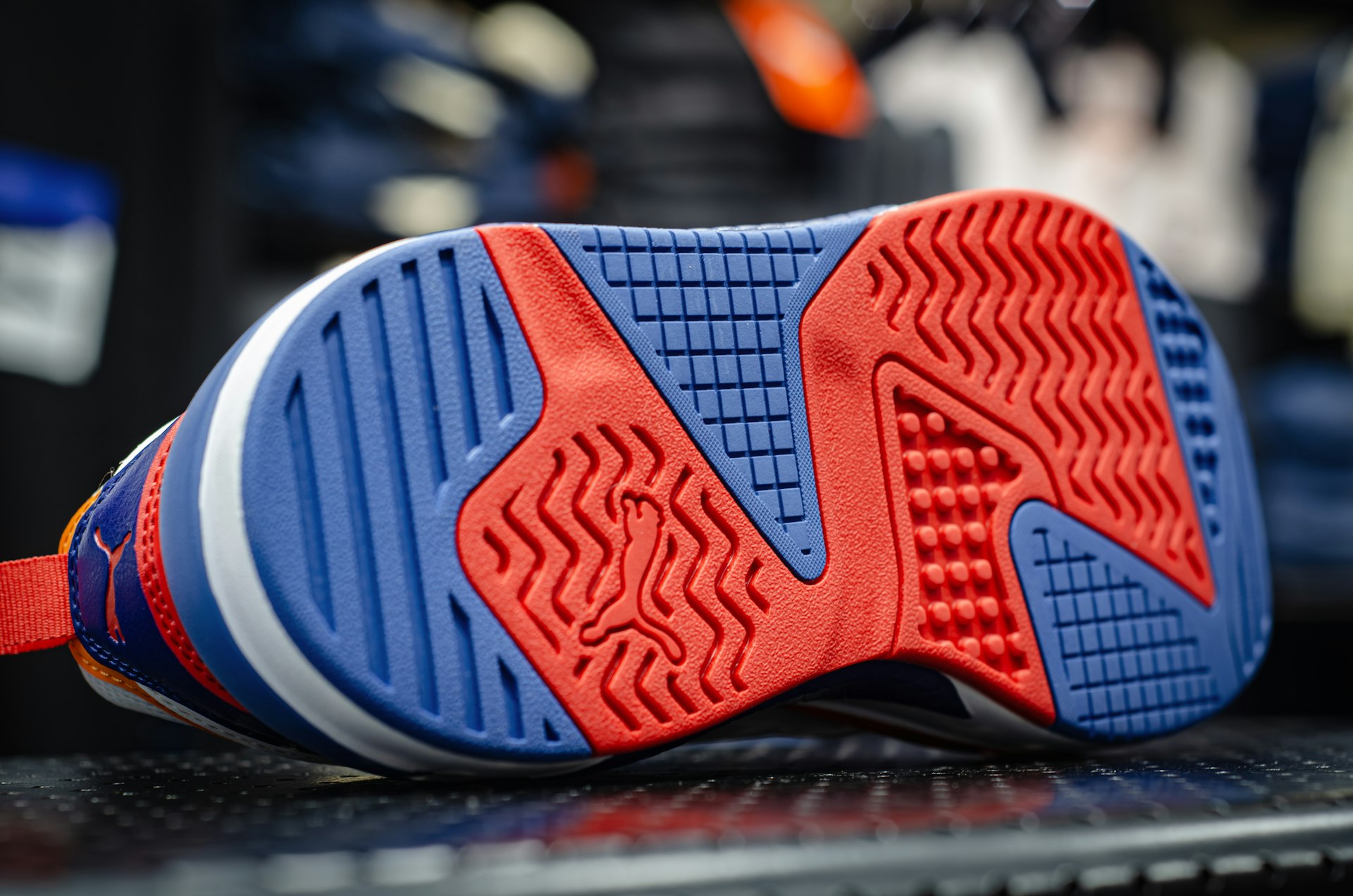Why Holistic Training Programs Matter: Building Stronger, Healthier Athletes for Life

Photo by Sam Moghadam on Unsplash
Introduction: Redefining Athlete Success Through Holistic Training
Modern athletic performance is about more than just speed, strength, or skill. As research and real-world experience show, holistic training programs -those that nurture physical, mental, emotional, and social well-being-offer athletes a critical edge. Rather than focusing solely on drills or workouts, holistic approaches consider the interconnected nature of mind, body, and lifestyle. This article explores why such programs are essential, how they benefit athletes, and actionable steps for implementing them effectively.
What Is Holistic Training for Athletes?
Holistic training integrates all aspects of health and performance. It combines physical conditioning, nutrition, mental skills, emotional resilience, and social support. This approach is rooted in the understanding that each element influences the others-for example, stress can lead to injury, while poor nutrition can undermine mental focus. By addressing the whole person, holistic programs help athletes avoid common pitfalls such as burnout, overuse injuries, and mental fatigue [1] .
Key Components of Holistic Athlete Development
1. Physical Conditioning and Injury Prevention
Traditional training often prioritizes physical skills, but holistic programs add layers of injury prevention, flexibility, and recovery strategies. Functional movement assessments, dynamic warm-ups, and cross-training minimize overuse and support long-term health. For example, incorporating yoga and mobility work not only enhances flexibility but also reduces injury risk and supports faster recovery [5] .
Implementation Steps:
Athletes should work with certified trainers to develop individualized conditioning plans. Consider regular movement screenings, and incorporate rest and active recovery days into weekly routines. Seek out sports medicine professionals experienced in holistic approaches for injury prevention and rehabilitation.
Alternative Approaches: Some athletes benefit from integrating traditional strength training with alternative therapies such as acupuncture or massage for added recovery support.
2. Nutrition for Sustainable Performance
Holistic nutrition is about more than calorie counts-it’s about fueling the mind and body for optimal function. A diet rich in whole foods, balanced macronutrients, and targeted supplementation can boost energy, enhance endurance, and accelerate recovery. Proper hydration and nutrient timing further optimize performance [2] .
Implementation Steps:
Consult a registered sports dietitian who understands holistic nutrition. Develop meal plans that support training cycles and competition schedules. Consider periodic nutritional assessments and adjust based on energy demands and recovery needs.
Example: Endurance athletes often report improved stamina and focus after shifting to anti-inflammatory diets rich in omega-3s, leafy greens, and lean proteins.
3. Mental and Emotional Resilience
Mental well-being is a cornerstone of peak performance. Stress management, mindfulness, and emotional intelligence training help athletes maintain composure under pressure and bounce back from setbacks. Techniques like meditation, guided imagery, and cognitive behavioral strategies can significantly improve concentration and reduce anxiety [5] .
Implementation Steps:
Work with a licensed sports psychologist or mental skills coach to build custom routines. Integrate daily mindfulness practices, journaling, or group debrief sessions after competitions. Encourage open communication within teams to foster emotional support.
Alternative Approaches: Many programs now blend digital tools (apps for meditation or stress tracking) with traditional counseling for accessible, ongoing support.
4. Social and Academic Balance (Dual-Career Approach)
For youth and collegiate athletes, balancing academic, athletic, and social demands is vital. The Holistic Athletic Career model demonstrates that success in sport is linked to managing transitions across life domains-educational, vocational, psychosocial, and athletic. This balance prevents burnout, supports mental health, and prepares athletes for life beyond sports [4] .
Implementation Steps:
Prioritize time management skills, academic support, and career planning. Seek out sports programs or schools that offer integrated academic and athletic counseling. For parents, encourage participation in diverse activities and monitor stress levels.
Example: European “dual-career” models require athletes to pursue vocational or academic training alongside sports, resulting in better coping skills and lower rates of post-sport adjustment problems.
Benefits of Holistic Training Programs
Holistic programs provide tangible short- and long-term advantages for athletes at all levels:
- Enhanced Performance: Addressing nutrition, mindset, and recovery allows athletes to train harder, focus longer, and compete with greater resilience [2] .
- Injury Prevention and Faster Recovery: Comprehensive care detects imbalances and addresses them before they become chronic issues, leading to fewer missed sessions and quicker returns to play [1] .
- Mental Clarity and Focus: Stress management and mindfulness practices help athletes maintain concentration during high-stakes moments [5] .
- Long-Term Well-Being: Developing life skills, emotional intelligence, and healthy routines prepares athletes for transitions both within and outside of sport [4] .
Testimonials from endurance athletes and team sports participants alike consistently highlight improved satisfaction and performance after adopting holistic methods [3] .
Accessing and Implementing Holistic Training Programs
While access to holistic programs varies by region and sport, most athletes can begin with the following steps:
- Research local sports medicine clinics or training centers with a holistic or integrative focus. Ask about services such as nutrition counseling, mental skills coaching, and recovery therapies.
- Consult with certified professionals : Look for trainers, dietitians, and psychologists with experience in athlete wellness and holistic methodologies.
- Ask your school or club about available support services. Some institutions offer academic counseling, career planning, or dual-career support for student-athletes. If not, consider independent resources or online support groups.
- Build your own support network by connecting with peers, family, coaches, and medical professionals who value holistic development. Open communication and shared goals are crucial.
- Stay informed by reading reputable sports medicine and athlete health resources. For example, the National Institutes of Health’s PubMed Central offers peer-reviewed research on athlete wellness and holistic models. Use search terms like “holistic athlete development” or “sports medicine integrative care” to find up-to-date studies.
Potential Challenges and Solutions: Some athletes face barriers such as cost, limited access to specialized professionals, or skepticism about non-traditional techniques. Solutions include exploring group workshops, leveraging telehealth options for mental and nutritional coaching, and seeking out community-based wellness programs with sliding-scale fees or scholarships.
When in doubt about service providers or resources, consult your sport’s national governing body or a reputable athletic association for guidance. Many offer directories of certified professionals and educational materials on holistic athlete care.

Photo by Edagar Antoni Ann on Unsplash
Key Takeaways: Building Sustainable Success
Holistic training programs are not just a trend-they are a necessity for athletes seeking sustainable success and well-being. By embracing this integrated approach, athletes gain the tools to reach their full potential, both on and off the field. Whether you are an athlete, coach, or parent, you can begin implementing holistic principles today by prioritizing balanced routines, open communication, and evidence-based support strategies.
For further details, consider reaching out to your local sports medicine clinic, certified mental performance consultant, or athletic association for guidance on comprehensive athlete support.
References
- [1] Dallas Accident & Injury Rehab (2024). Benefits of Holistic Sports Medicine for Athletes.
- [2] American Sport & Fitness Association (2023). Holistic Nutrition and Sports Performance.
- [3] Tri Training Harder (2024). The Power of Holistic Endurance Coaching.
- [4] National Institutes of Health (2022). The Impacts of Sports Schools on Holistic Athlete Development.
- [5] Med Matrix USA (2024). Why Functional Medicine Is a Game-Changer for Athletes.
MORE FROM getscholarships.net





